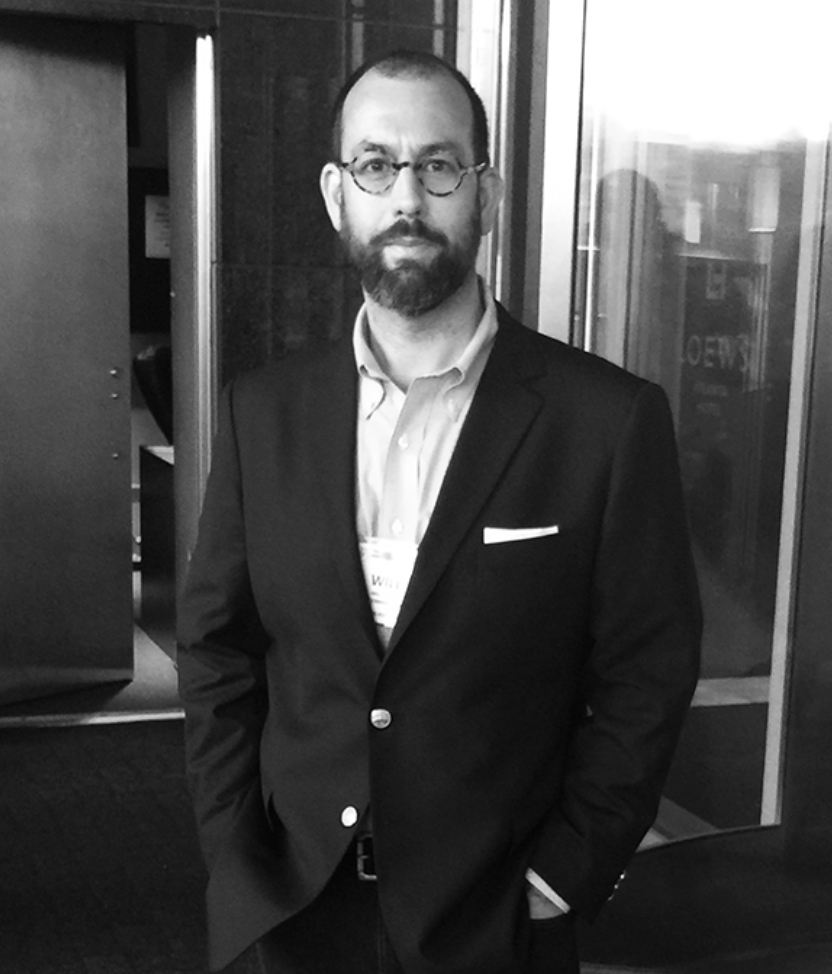Presentation: Empowering Agile Self-Organized Teams With Design Thinking
This presentation is now available to view on InfoQ.com
Watch videoAbstract
My experience and research has shown that design thinking empowers employees and teams, enabling them to create a more resilient, value-focused organizational culture.
Innovation-driven growth at the organizational level requires a multidisciplinary approach to designing systems that create the right conditions for self-organizing teams to explore and create while maintaining system hygiene. To achieve that growth, leaders and managers must adopt a strategy for fostering new thinking, practices, and processes that convert strategy both laterally and vertically into new value. To foster the right kind of environment, you must manage the boundaries of the teams, establishing the right cadence and rituals to ensure trust and psychological safety.
“Organizations that operate from the authoritarian, hierarchical, command and control model, where the top leaders control the work, information, decisions, and allocation of resources, produce employees that are less empowered, less creative, and less reductive.” – Journal of Strategic Studies, Creativity and Innovation: The Leadership Dynamics.
In this talk, we’ll discuss boundaries, policies, cadence for self-organizing teams, then cover the key principles and practices of design thinking and how it can be leveraged by agile teams to collaboratively test new options and create new value. Design thinking all comes down to the collaboration utilizing divergence and convergence: acquire and synthesize insights, formulate hypotheses, prototype solutions, and ruthlessly test them with real customers.
We’ll cover that with a case study of how an infrastructure engineering team transformed themselves from waterfall to agile, while learning the key practices of design thinking to reduce the lead time for delivering services and systems from 9 months to days, and in some cases, hours.
The key aspects of Design Thinking we’ll cover:
- The importance of trust, boundaries, and candor for team dynamics;
- Customer-Centricity. Who are they? What are their challenges? What are their ‘jobs-to-be-done’?
- Empathy and Understanding to engaging with customers in their context;
- Validate through experimentation that the team is solving the right problem;
- Bringing the whole team together to collaboratively explore the problem space and engage in divergent and convergent exercises;
- Prototype lightweight solution hypotheses to ensure that the problems are solved before scaling out and investing in delivering the product or service to customers;
- When design thinking is appropriate, and when it’s a waste of time (when a user story is simple, simply do it!)
Similar Talks
Psychologically Safe Process Evolution in a Flat Structure

Director of Software Development @Hunter_Ind
Christopher Lucian
Cultivating High-Performing Teams in Hypergrowth

Chief Scientist @n26
Patrick Kua
Inside Job: How to Build Great Teams Within a Legacy Organization?

Engineering Director @Meetup
Francisco Trindade
Liberating Structures @CapitalOne

Agile Coach, Engineering @CapitalOne
Greg Myers
Self-Selection for Resilience and Better Culture

Agile/DevOps Trainer & Founder of Agile Play Consulting, LLC
Dana Pylayeva
Breaking Hierarchy - How Spotify Enables Engineer Decision Making

Senior Engineering Manager, Data and Machine Learning Infrastructure @Spotify
Kristian Lindwall
Context Matters: Improving the Performance and Wellbeing of Teams

Director of IT @Etsy
Shawn Carney
Navigating Complexity: High-Performance Delivery and Discovery Teams

Product Management, Lean/Agile Software Development @FlatironHealth
Conal Scanlon
Thinking Methods - Systems Thinking at Work and Play

Senior Technical Lead @carbonfive
